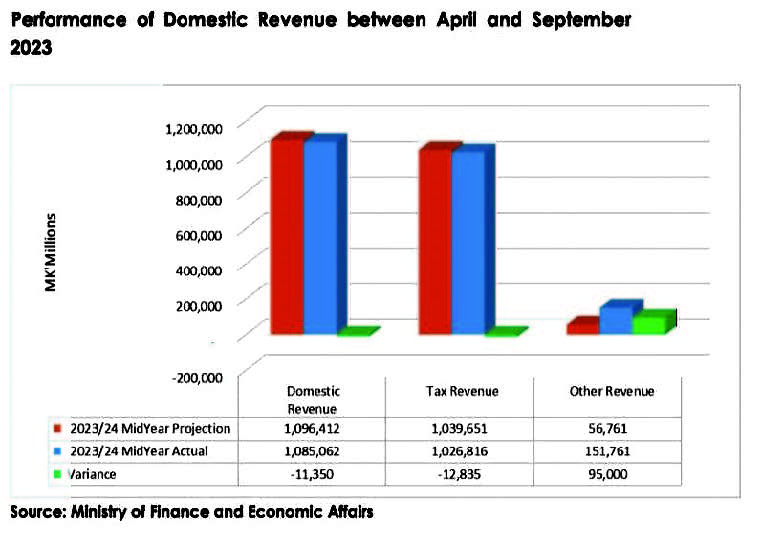Govt move on revenues
The Malawi government is exploring ways around the Extended Credit Facility (ECF) programme after the Malawi Revenue Authority (MRA) revoked a revised tax regime on second-hand imported vehicles.
At face value, the decision goes against the commitment the Ministry of Finance and Economic Affairs made in the Memorandum of Economic and Fiscal Policies it signed with the International Monetary Fund (IMF) in return for an ECF programme that Malawi and its development partners say is important to catalyse growth.

In the country report released on November 23, the fund urged the government to raise import taxes on vehicles to at least the regional average and closing value-added tax (VAT) loopholes and ensuring that all residents pay the full tax on vehicle imports, among other policy actions.
But local economic analyst Bertha Bangara Chikadza and tax specialist Emmanuel Kaluluma allayed concerns that the government risks going off-track with the ECF, saying government is pursuing a more flexible approach to boost revenue generation.
Chikadza, an economics lecturer at the Malawi University of Science and Technology, said government was justified to revoke the new tax regime because it stands to make more money by reverting to the old system.
She said: “The new tax system would have seen larger inflow into the country of even more older vehicles than the old system.
“It would have collected more on luxury and expensive vehicles which in the country are not purchased in large numbers than the smaller old vehicles.”
In a separate interview, Kaluluma said government revoked the licence because it wanted to find a way of promoting tax compliance without compromising people’s capacity to import second-hand vehicles, a business which supports thousands of Malawians.
He further said that government can boost revenue correction within the existing set-up by improving efficiency and containing malpractices that support tax evasion.
Said Kaluluma: “Importers should truthfully declare the value of the imported vehicles and have enough evidence to show that the value is correct. They should not therefore allow the value to be estimated as if it was a gift. Some estimates are not done in good faith but to divert the taxpayer into corruption.”
The tax specialist comments echoes sentiments made by the fund in the country report that the government is losing potential revenue to “under-taxation of imported vehicles and fuel”.
The revocation comes about five months after importers of second-hand vehicles threatened to drag the revenue collecting body to court over its decision to introduce a fixed duty on imported vehicles that would be based on model, engine size, year of make, and origin, regardless of the value or price of the vehicle.
Announcing the decision on Friday, MRA director of corporate affairs Steve Kapoloma said “duty on used motor vehicles will continue to be based on customs value which comprises cost insurance freight.”





